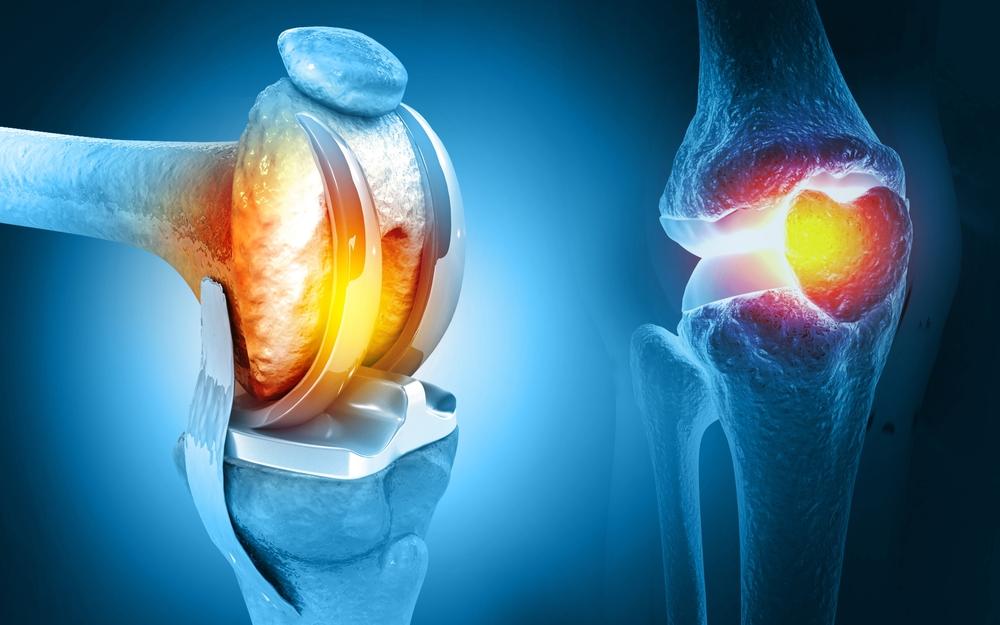Joint Replacement
What is Joint Replacement?
Joint replacement is a surgical procedure where a damaged or worn-out joint is replaced with an artificial implant (prosthesis). It is commonly performed for joints affected by severe arthritis, injury, or other degenerative conditions. The goal is to relieve pain, restore function, and improve mobility.
Types of Joint Replacement
- Total Joint Replacement (TJR) – The entire joint is replaced with a prosthesis.
- Partial Joint Replacement – Only a part of the joint is replaced.
- Revision Joint Replacement – A previously implanted joint is replaced again due to wear, loosening, or infection.
Commonly Replaced Joints
- Hip Replacement (THR) – For hip arthritis or fractures.
- Knee Replacement (TKR) – For severe knee arthritis.
- Shoulder Replacement – For rotator cuff injuries or arthritis.
- Elbow, Wrist, and Ankle Replacements – Less common but available for severe joint damage.
Who Needs a Joint Replacement?
People with:
- Severe arthritis (osteoarthritis, rheumatoid arthritis)
- Joint deformities or injuries
- Chronic pain and reduced mobility not relieved by other treatments
Procedure and Recovery
- Surgery Duration: 1-3 hours
- Hospital Stay: 1-5 days
- Rehabilitation: Physical therapy starts soon after surgery, lasting weeks to months.
- Recovery Time: 6 weeks to several months, depending on the joint and patient’s condition.
Risks and Complications
- Infection
- Blood clots
- Implant wear or loosening
- Nerve damage
- Stiffness or pain
Success Rate & Longevity
- High success rate (90%+ for many joints)
- Implants last 15-25 years with proper care

